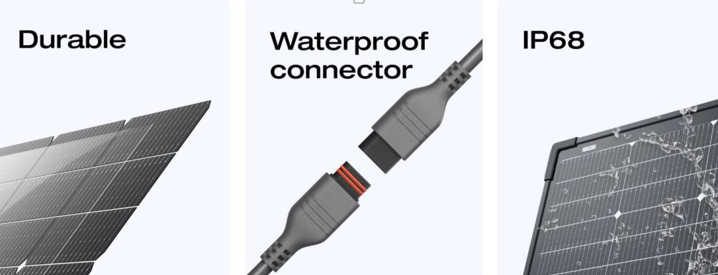5 Environmental Benefits of Using IPC Coatings
In today’s world, industries are looking for ways to reduce their impact on the environment. One solution that has gained attention is the use of IPC coatings. IPC coatings, or industrial protective coatings, are designed to protect surfaces from damage and wear.
These coatings are not only good for the equipment they cover but also offer several environmental benefits. By choosing IPC coatings, companies can help save energy, reduce waste, and support a cleaner environment.
Longer Lifespan for Equipment
IPC coatings protect machinery, pipes, and other industrial equipment from corrosion, rust, and general wear. When equipment lasts longer, industries do not need to replace it as often. Producing new machinery requires a lot of raw materials and energy, which increases carbon emissions.
By extending the life of equipment, IPC coating reduces the need for constant manufacturing. This helps lower the overall environmental footprint of industrial operations. In this way, IPC Coatings indirectly prevent the unnecessary use of resources.
Reduced Chemical Waste
Industrial processes often involve harsh chemicals to clean or maintain machinery. When surfaces are protected with IPC coatings, they become more resistant to damage and staining. This reduces the need for strong cleaning agents and other chemicals.
By using fewer chemicals, factories release less harmful waste into water systems and soil. This benefit protects nearby ecosystems and helps industries meet environmental regulations. IPC coating makes industrial processes cleaner and safer for both workers and the environment.
Lower Energy Consumption
Certain IPC coatings improve the efficiency of machines and heat systems. Coating can reduce friction between moving parts or provide insulation for heat-sensitive equipment. This means machines use less energy to operate effectively. Lower energy consumption leads to fewer greenhouse gas emissions because industries burn less fuel or electricity.
Using IPC coatings, therefore, contributes to reducing the carbon footprint of industrial operations. Energy savings are not only good for the environment but also reduce operating costs for businesses.
See also: How Tech Is Helping to Preserve Endangered Species
Minimized Waste from Repairs
When machinery is damaged, repair work often generates waste, such as scrap metal, replacement parts, or old paint. IPC coatings protect surfaces from scratches, corrosion, and other damage. This lowers the frequency of repairs and maintenance. By minimizing repair work, industries create less waste and reduce the amount of material sent to landfills.
This contributes to a more sustainable production cycle and promotes better waste management. IPC coating helps industries achieve environmental goals by preventing unnecessary waste.
Support for Sustainable Manufacturing
Many IPC coatings are designed with environmental safety in mind. Some use low-VOC (volatile organic compounds) formulas or biodegradable materials. Using these eco-friendly coatings supports sustainable manufacturing practices.
Companies can meet stricter environmental standards while still protecting their equipment. By choosing sustainable coatings, industries demonstrate responsibility toward the planet. This encourages a culture of environmental awareness across the industrial sector.
Conclusion
IPC coatings offer more than just protection for industrial equipment. They provide significant environmental benefits by extending equipment life, reducing chemical use, saving energy, minimizing repair waste, and supporting sustainable manufacturing.
Choosing IPC coatings is a practical step for industries that want to operate responsibly while protecting the environment. As businesses continue to focus on sustainability, these coatings will play a key role in reducing industrial impact on our planet.






